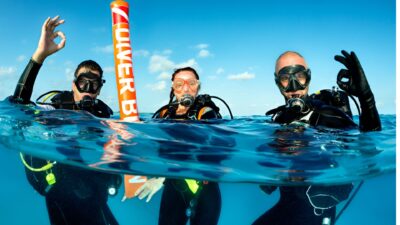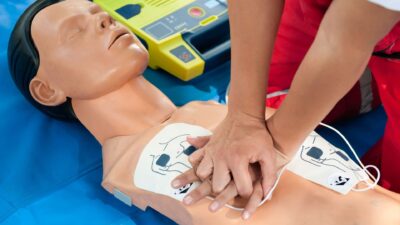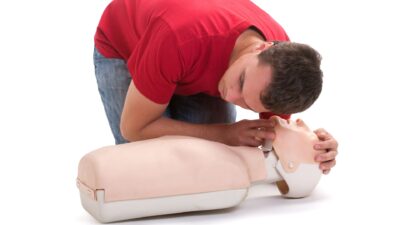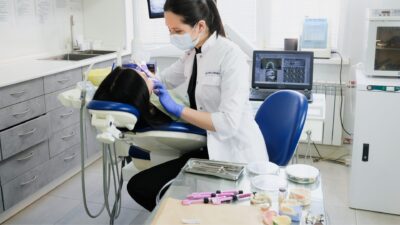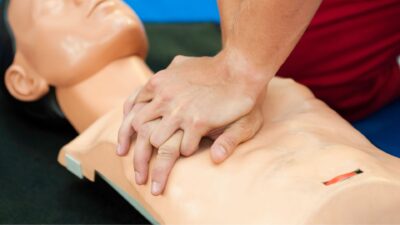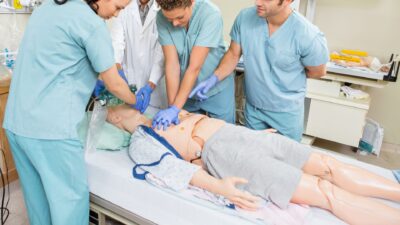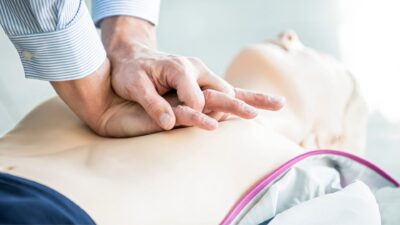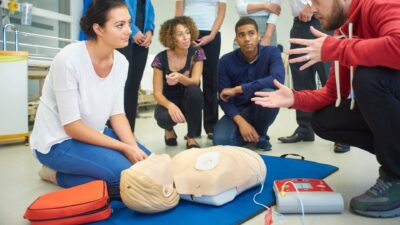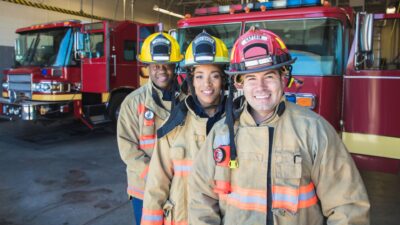
Essential CPR Training for Firefighters in Chesapeake
Firefighters in Chesapeake must be well-versed in CPR techniques to respond effectively to cardiac emergencies. Every second counts in a life-threatening situation and the ability to administer CPR properly can mean the difference between life and death. Training in CPR ensures that firefighters can provide immediate care when medical professionals are not yet on the…
Read More